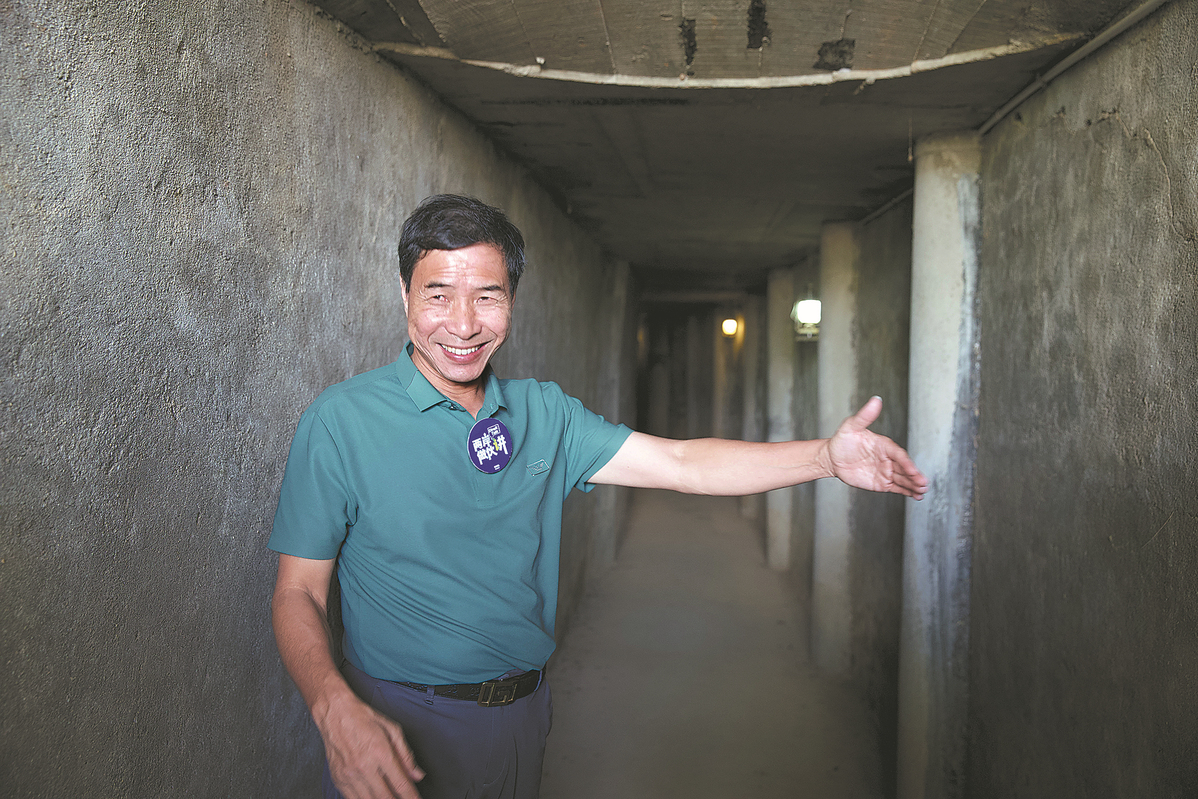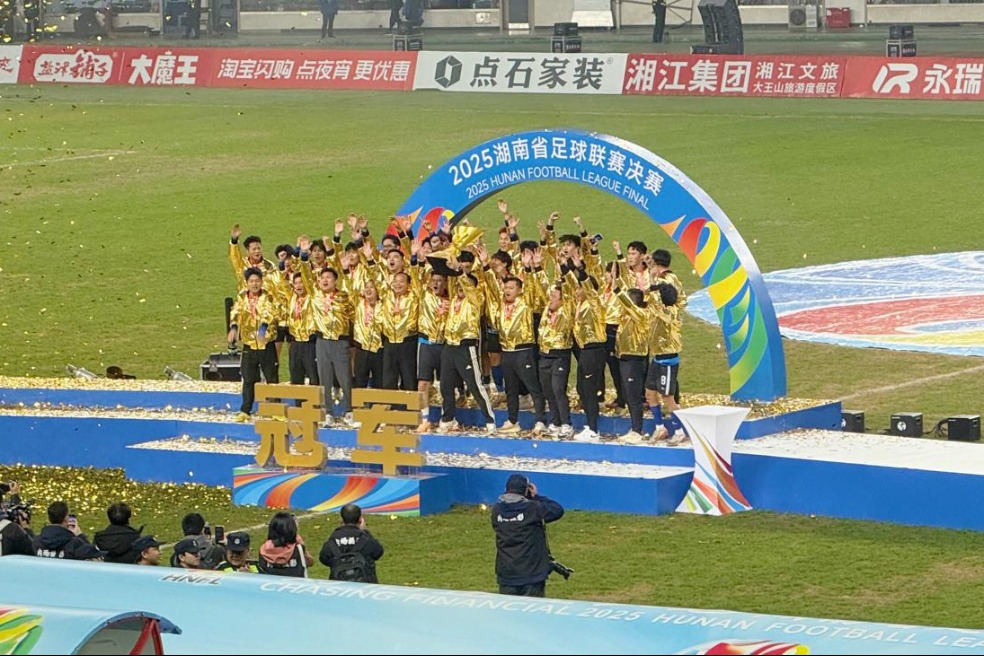Sea change: Fishermen and villagers go from conflict to cooperation


As the nearest Chinese mainland village to Taiwan-administered Kinmen Island, the fishing village of Weitou in Quanzhou, Fujian province, has had a unique role as a witness to cross-Strait history.
"Our village has been like a barometer of the changing relations between the two sides since the founding of New China," said Hong Shuiping, the village chief of Weitou. "We used to be enemies with the other side, but now we are family."
The village is located on a peninsula and is only 5.2 nautical miles (9.6 kilometers) from Kinmen. It takes just 15 minutes by speedboat to get to the island from Weitou.
Weitou's location placed it on the front line of a crisis in 1958, when the Chinese Kuomintang, with support from the United States, built military installations and based forces on islands including Kinmen and Matsu off Fujian's coast in attempts to "retake" the mainland.
To defend the nation's sovereignty and oppose foreign interference in internal affairs, the People's Liberation Army shelled and blockaded Kinmen. The two sides intermittently shelled each other until 1979, when a cease-fire was declared.
Today, the village still has air-raid shelters with desks and chairs inside, underground tunnels, and trenches dug by the villagers decades ago. They are open for tourists to visit.
"These historical relics serve as a reminder to everyone to stay away from war and cherish peace," Hong said.
Ironically, the village chief may have the conflict to thank for his existence. Hong's parents met while a firefight was happening. His father was a militia member responsible for transporting ammunition and his mother helped treat the wounded.
Hong was born in 1961, and he grew up during a period of tense relations with Taiwan. The fighting stopped on New Year's Day in 1979, when the mainland issued the "Message to Compatriots in Taiwan", proclaiming the major policy of promoting peaceful reunification of the two sides.
Since then, Weitou fishermen have taken the lead in establishing links with Kinmen residents through trade and social contact.
"We brought agricultural products like peanuts to exchange for daily products from Taiwan, because they were better made there at that time, and their specialty was Kinmen Kaoliang Liquor," Hong said. "Many also entrusted them to find their relatives in Taiwan who lost contact."
- Xiangchao concludes with Yongzhou claiming championship
- Answers
- CPC leadership meeting urges steadfast implementation of eight-point decision on improving conduct
- Ethiopian coffee trading center unveiled in Zhuzhou
- Mouse births pups after space mission, paving way for future research
- Autumn grain purchases exceed 200m tons in China





































